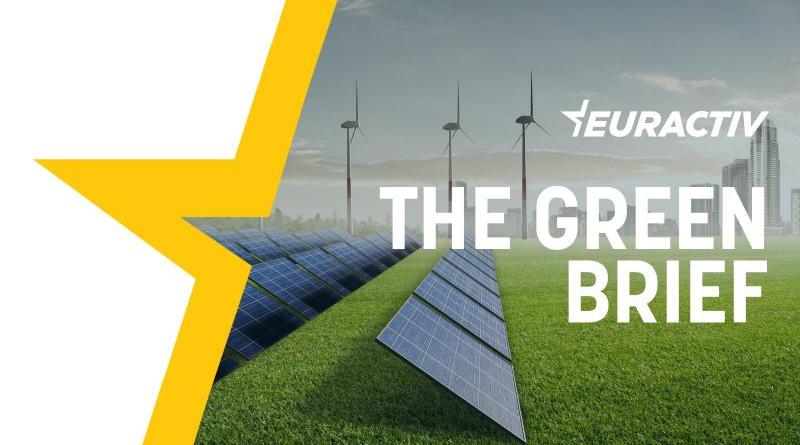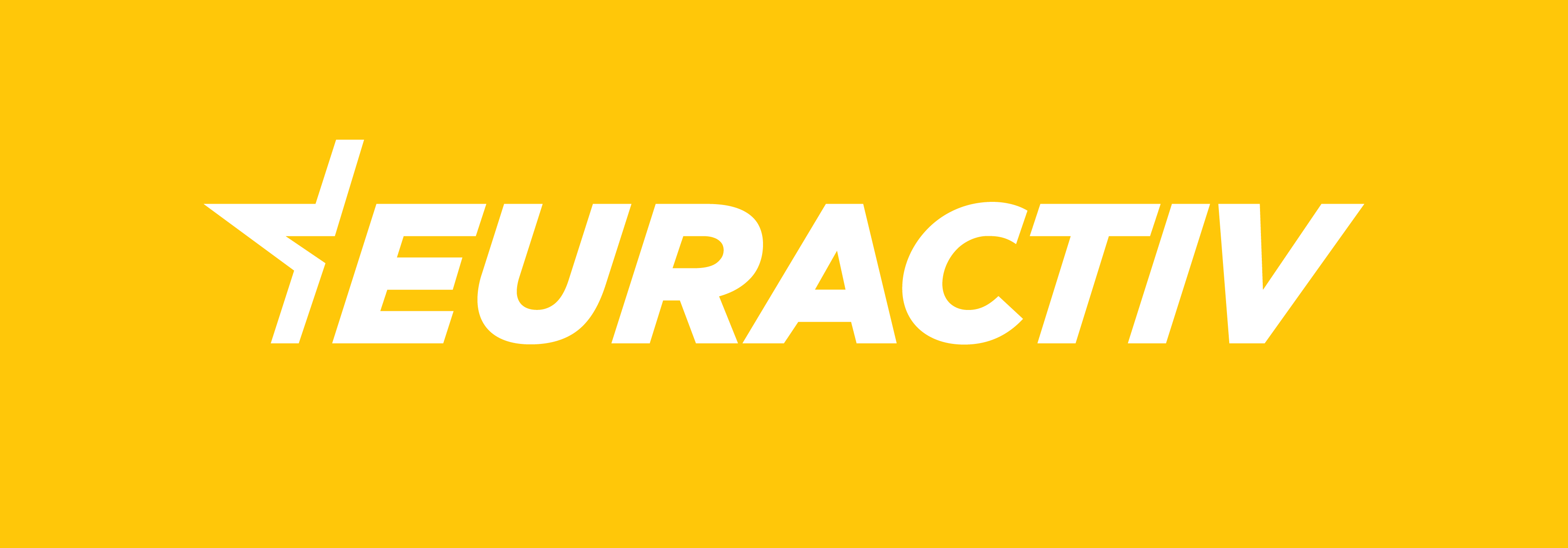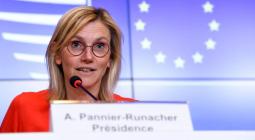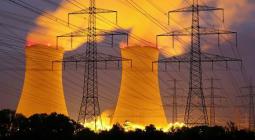The Green Brief: France’s pro-nuclear crusade has only just begun

Paris scored an important victory this week when the European Commission tabled long-awaited rules defining what can be considered “renewable” hydrogen in the EU.
Under those rules, hydrogen producers must use only “additional” renewable electricity to power their water electrolysers in order to win the coveted EU label.
But France obtained a derogation from that principle, as long as hydrogen producers can demonstrate they are located in an area where carbon emissions from the power sector are lower than 18 gCO2eq/MJ.
In those areas, the electricity powering the electrolysers will be allowed to come from existing renewable energy sources, not additional ones.
And with its fleet of 56 nuclear reactors, France would easily qualify.
France, of course, won’t be able to label its nuclear-derived hydrogen “renewable”. Still, it is a major win for Paris, which finally obtained EU-wide recognition for the contribution made by its nuclear fleet to the bloc’s decarbonisation objectives.
“The work of persuasion that I carried out with my European colleagues has borne fruit,” French Energy Minister Agnès Pannier-Runacher said in a statement to the press on Monday (13 February).
End of story, then? Certainly not.
In fact, France’s crusade for nuclear power’s recognition in Europe has only just begun.
“The publication of these hydrogen [rules] recognises the decarbonisation efforts made by France. We now need to apply this logic to our renewable hydrogen targets in the RED3 directive,” Pannier-Runacher said in reference to the EU’s renewable energy directive, which is currently being revised for the third time.
“This is a hard point for France and for its partners and we are not there yet,” she warned.
For many, France’s insistence on crowbarring nuclear into the EU’s renewable energy directive goes a step too far. After all, the legislation is about renewables and nuclear has no place in it, they argue, echoing a widespread sentiment in Austria and Germany, which are staunchly opposed to atomic energy.
They may have to reconsider, though, because the French are dead serious about this.
Earlier this month, Paris sent a letter to the European Commission with eight other EU countries asking for nuclear power to be recognised in the EU’s targets for renewable hydrogen set out in RED3. Under the draft directive, these would be set at 42% by 2030 and 60% by 2035.
Similar to what was decided earlier this week, France is asking for those targets to be lowered, or weighted down, for countries that already have a decarbonised energy mix.
“This means taking into account the countries that have a low-carbon electricity mix, particularly with nuclear power, so that low-carbon hydrogen can be subtracted from this target,” explained an aide to Pannier-Runacher.
“We’re not calling into question the renewable energy objectives,” the aide clarified. Rather, Paris proposes to “take low-carbon hydrogen out of the denominator” when calculating renewable hydrogen targets for 2030 and 2035.
The concept is not just related to hydrogen, it transpires into every proposal France is pushing forward as part of the EU’s wider energy and climate goals.
Last month, a key French lawmaker in the European Parliament suggested that Paris would be ready to back a higher renewable energy target for 2030 if the objectives assigned to each member state are weighted according to the carbon intensity of their electricity mix.
More fundamentally, Paris says the EU has no right to dictate France’s energy mix, as long as the bloc’s decarbonisation goals are attained.
“This is the heart of the discussion,” said the aide to Pannier-Runacher, pointing to Article 194 of the EU Treaty, which gives EU member states full freedom to decide their energy mix.
“We don’t want to reach a point where we would have to explain to the Commission that a proposal is not compatible with the Treaty,” the aide warned.
The point about sovereignty is also essential for the eight EU countries that co-signed the letter with France. Together, they called on the European Commission to amend its renewable energy directive with a view to “preserve member states’ sovereignty and competences to decide their energy mixes”.
At the end of the day, this means putting a stop to the EU’s ever-higher renewable energy targets – at least for countries which have opted for nuclear.
– Frédéric Simon






